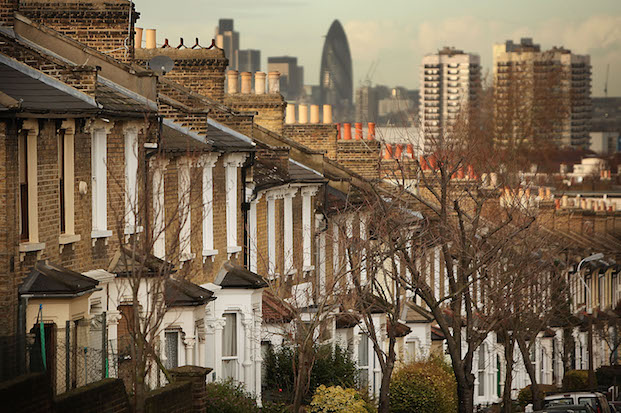Economists have for some time spoken of a ‘great inversion’ of London, whereby property price hikes in inner London, often linked to gentrification, has made suburbia comparatively more affordable. These changes, marked in the five years since David Cameron became Prime Minister, could have a profound effect on how the general election result pans out in the city. This is especially the case given the ability of such changes to affect the social and demographic makeup of London, as people from poorer backgrounds, the young and ethnic minorities are more likely to be susceptible to price increases in the private rental market.
In some ways, this is nothing new, with John O’Farrell lamenting the loss of Labour Battersea in 1987, for the first time since the Great Depression, putting it down to the growth of ‘yuppie’ flats.

Britain’s best politics newsletters
You get two free articles each week when you sign up to The Spectator’s emails.
Already a subscriber? Log in






Comments
Join the debate for just £1 a month
Be part of the conversation with other Spectator readers by getting your first three months for £3.
UNLOCK ACCESS Just £1 a monthAlready a subscriber? Log in